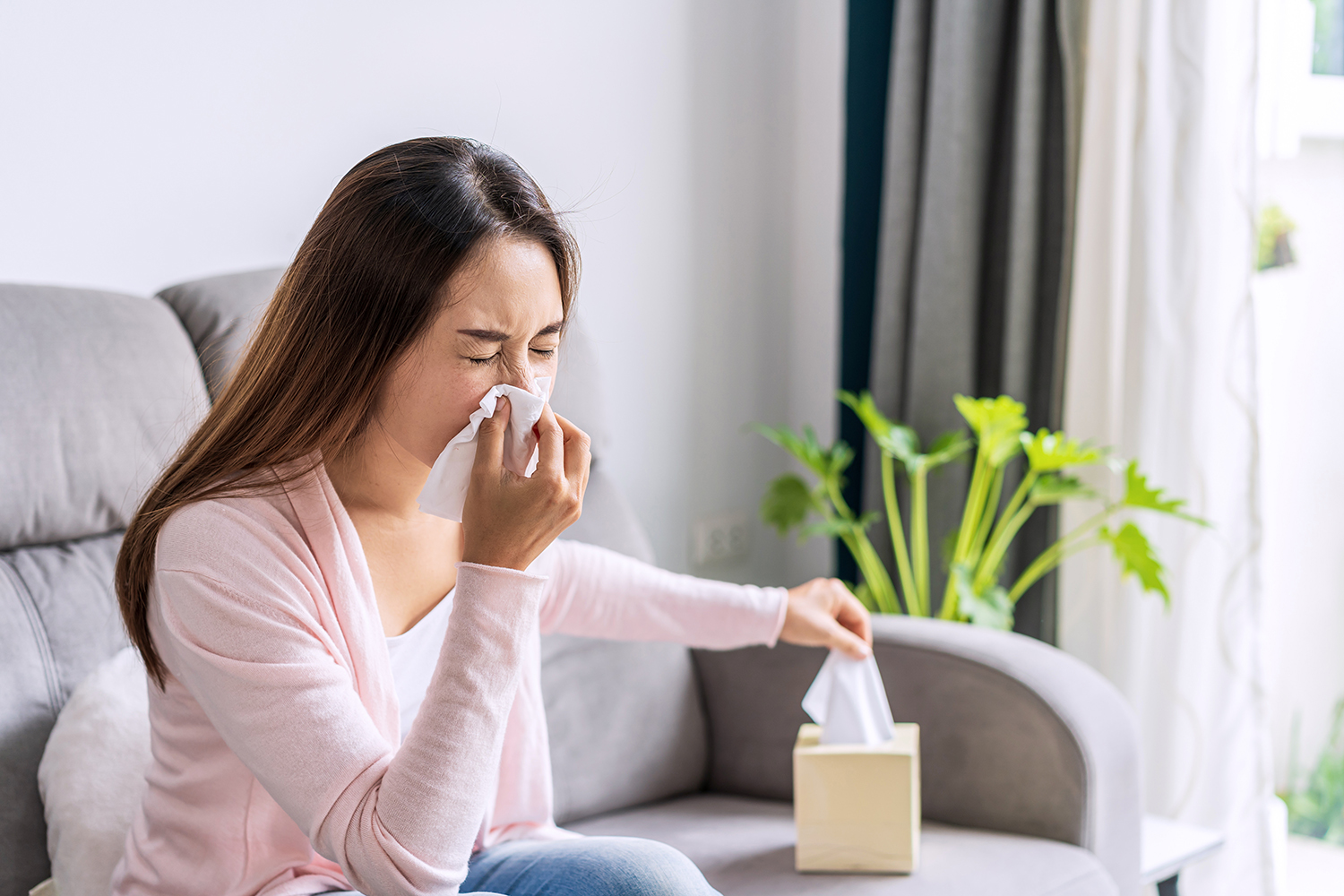
Spring is a beautiful time of year, but for allergy sufferers, it can be a nightmare. Pollen, dust, and other airborne allergens can trigger sneezing, coughing, and itchy eyes. But did you know that your HVAC system can help to alleviate allergy symptoms by filtering out these allergens? In this blog post, we’ll explain how HVAC systems work to improve indoor air quality and provide tips on how to keep your air as clean as possible.
How HVAC Systems Impact Indoor Air Quality
Your HVAC system is responsible for heating, cooling, and ventilating your home. But it also plays a crucial role in maintaining indoor air quality. Here’s how:
- Air Filtration: HVAC systems use air filters to trap pollutants and allergens, preventing them from circulating through your home. These filters can remove particles as small as 0.3 microns, including pollen, dust mites, and pet dander.
- Ventilation: HVAC systems can bring fresh air into your home, diluting pollutants and allergens that may be present indoors. By increasing the amount of fresh air in your home, you can reduce the concentration of indoor air pollutants.
- Humidity Control: Humidity can exacerbate allergies by providing a breeding ground for mold and dust mites. HVAC systems can help to control humidity levels in your home, preventing the growth of these allergens.
Tips to Improve Indoor Air Quality
Now that you know how your HVAC system can help to alleviate allergy symptoms, let’s explore some tips to improve indoor air quality further.
- Replace Air Filters Regularly: Air filters can become clogged with dust and debris over time, reducing their effectiveness. Be sure to replace your air filters every 1-3 months, depending on usage.
- Use High-Efficiency Air Filters: High-efficiency air filters, such as HEPA filters, can capture more pollutants and allergens than standard filters. Consider upgrading to a high-efficiency filter for even better air quality.
- Invest in an Air Purifier: Whether it is a UV light or ionic air purifier, these devices will drastically improve the air quality in your home. Not only will it reduce allergens, it will also kill mold, bacteria and viruses. An air purifier will also reduce odors (such as those created by cooking, pets or VOCs).
- Clean Your Ducts: Over time, dust and debris can accumulate in your HVAC ducts, reducing indoor air quality. Hire a professional to clean your ducts periodically to remove these contaminants.
- Control Humidity Levels: Keep your home’s humidity levels between 30-50% to prevent mold and dust mite growth. Consider installing a dehumidifier if your home is particularly humid.
- Schedule Regular HVAC Maintenance: Regular maintenance can help to ensure that your HVAC system is functioning correctly and efficiently. Schedule a professional tune-up at least once a year to keep your system in top shape.
Conclusion
By following these tips and relying on your HVAC system, you can improve your home’s indoor air quality and alleviate allergy symptoms. Remember to replace your air filters regularly, control humidity levels, and schedule regular HVAC maintenance to keep your system running smoothly. Call us if you’re interested in installing air purifiers or dehumidifiers. With a little effort, you can enjoy the beauty of spring without suffering from allergy symptoms.

